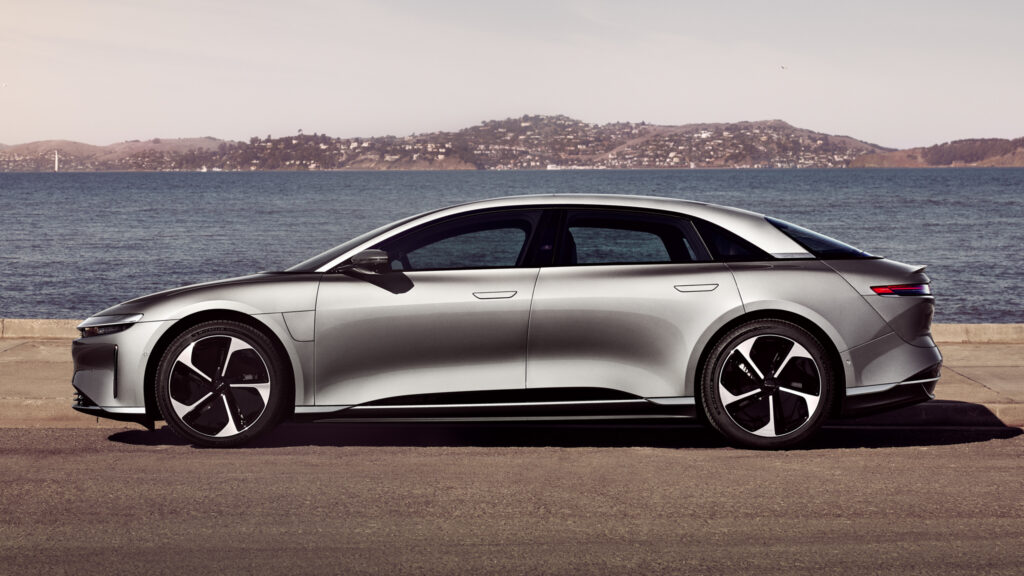Should You Buy an Electric Vehicle
Should You Buy an Electric Vehicle? The Pluses and Minuses Explained
Should You Buy an Electric Vehicle? The Pluses and Minuses Explained
Why Should You Buy an Electric Vehicle? Electric vehicles (EVs) are no longer just futuristic concepts—they’re parked in driveways across America, from Teslas to Fords to Hyundais. With governments pushing for greener transportation and automakers investing heavily in battery technology, EVs are becoming mainstream. But is buying one the right move for you? Let’s break down the advantages and disadvantages.
✅ The Pluses of Buying an Electric Vehicle
1. Lower Fuel Costs – Should You Buy an Electric Vehicle
One of the biggest advantages of EV ownership is saving at the “pump.” Charging an EV—especially at home overnight—typically costs far less than filling up with gasoline. Many utilities even offer special off-peak rates, further reducing costs.
2. Lower Maintenance
EVs have fewer moving parts than gas-powered vehicles. There’s no oil to change, no exhaust system to maintain, and brakes last longer thanks to regenerative braking. This means fewer trips to the mechanic and lower long-term maintenance bills.
3. Environmental Benefits – Should You Buy an Electric Vehicle
EVs produce zero tailpipe emissions, making them cleaner for urban air quality. And when powered by renewable energy sources like solar or wind, their carbon footprint is significantly smaller than traditional vehicles.
4. Performance and Driving Experience
Electric motors deliver instant torque, which means fast acceleration and smooth power delivery. EVs are also much quieter, offering a calm driving experience. Many drivers are surprised by just how fun EVs can be to drive.
5. Incentives and Perks – Should You Buy an Electric Vehicle
In the U.S., federal tax credits (up to $7,500 for eligible models) and state rebates can help offset the purchase price. Some cities also offer perks like free or discounted parking, toll discounts, or HOV lane access for EV drivers.
6. Future-Proofing
Automakers are investing billions into EV development, and many plan to phase out gas engines over the next decade. Buying an EV now positions you ahead of that curve, while also protecting you against future restrictions on gasoline cars.
❌ The Minuses of Buying an Electric Vehicle
1. Higher Upfront Cost
Even with incentives, most EVs are more expensive than comparable gas vehicles. While long-term savings on fuel and maintenance help, the sticker shock can still be a barrier.
2. Range Anxiety – Should You Buy an Electric Vehicle
Most EVs offer between 200–350 miles of range, but road trips require careful planning around charging stations. While charging networks are expanding quickly, availability can still be patchy in some areas.
3. Charging Time
Unlike a gas fill-up that takes minutes, charging takes longer. Home charging overnight works well for daily commutes, but fast chargers still take 20–40 minutes to reach 80%—a drawback for frequent travelers.
4. Battery Degradation
EV batteries lose some capacity over time (typically 1–2% per year). Warranties often cover 8–10 years, but replacements can be costly once coverage ends.
5. Grid Dependence
In areas with unstable electricity supply, charging reliability could be an issue. And if your local grid is powered largely by coal, the environmental benefits of driving electric shrink.
6. Resale Value Uncertainty – Should You Buy an Electric Vehicle
Because battery technology evolves rapidly, older EVs can depreciate quickly. Buyers often worry about used EV battery health, making resale less predictable compared to traditional cars.
⚖️ Our Take
Electric vehicles offer exciting benefits: lower fuel and maintenance costs, cleaner emissions, and cutting-edge performance. However, they also come with trade-offs, especially around upfront cost, range, and charging convenience.
Who they’re best for:
Drivers with regular commutes who can charge at home
Environmentally conscious buyers
Tech enthusiasts who want the latest features
Who may want to wait:
Road trip lovers in areas with limited charging networks
Buyers focused on the lowest upfront purchase price
Those uncertain about battery life and resale value
Our Thinking:
EVs aren’t just a trend—they’re the future of driving. But whether it’s the right time for you to make the switch depends on your lifestyle, driving habits, and comfort with the current charging infrastructure.


